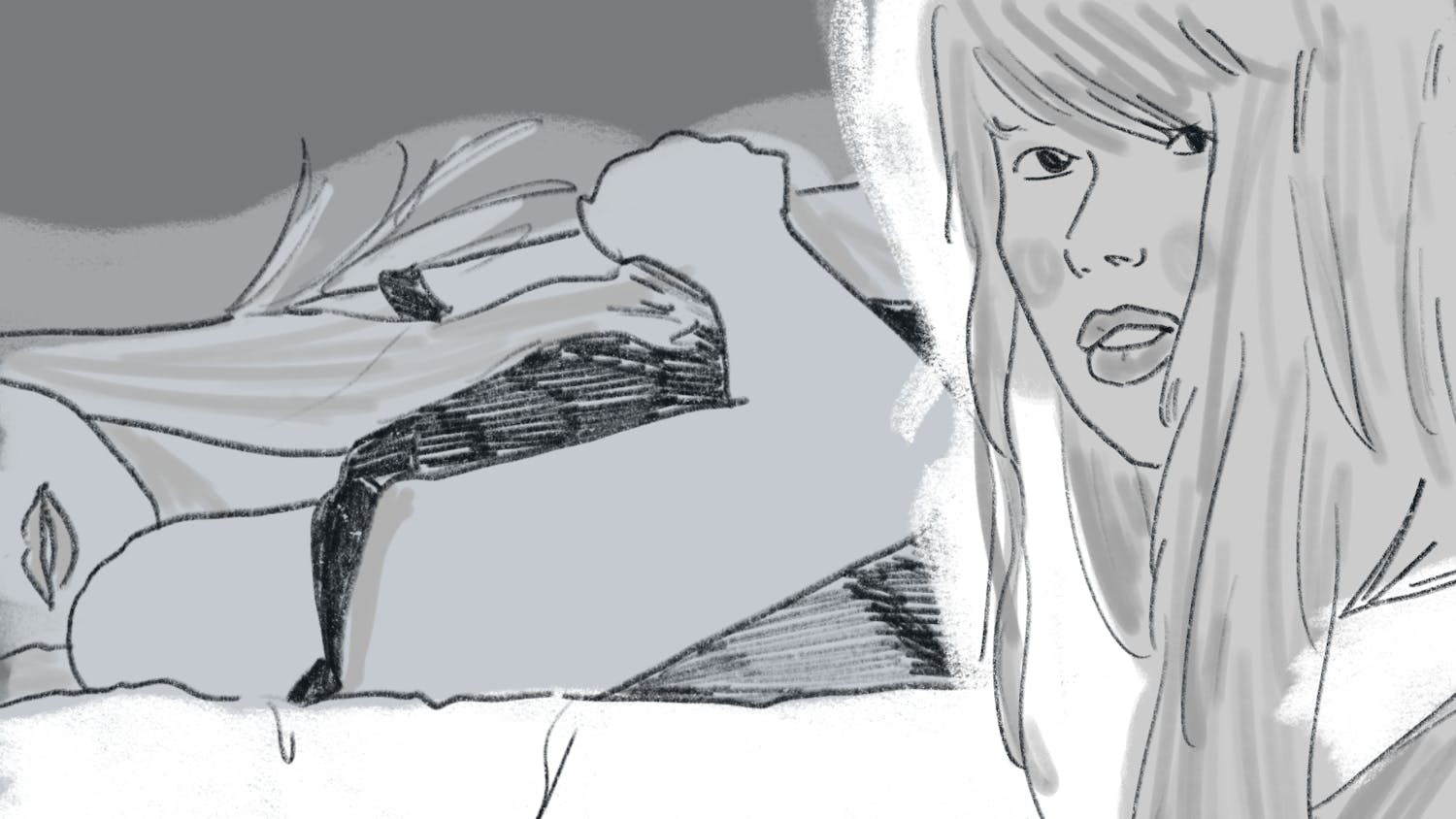Independent radio and podcast producer, Laura Sim ’16 majored in English at Dartmouth and completed a thesis on race in radio and podcasts. In 2016, her podcast “This Dartmouth Life” helped Sim receive the John D. Bryant award for Creative Production. After graduating, she worked at Slate, Gimlet Media, Radiotopia and now, the Wall Street Journal. Sim helped produce “The United States of Debt” at Slate and worked as an associate producer on Radiotopia’s “Millennial” and Gimlet Media’s “Crimetown,” a critically-acclaimed podcast about politics and organized crime in Providence, Rhode Island.
Did you know that you wanted to work in podcasting or journalism?
LS: I tried a lot with the D-Plan. I did marketing consulting, a conservation for art, and I was listening to podcasts with my headphones whenever I was at these different internships. I realized that I love talking to people at work about podcasts, and the point was that at Dartmouth I finally got a little bit of time to make my own podcast. It really made me think that I can do it. [The Peabody Award-winning podcast] “Serial” came out in 2014, and that’s when everyone finally understood what a podcast was. So many people loved it, and there was so much money there. I think that was really what encouraged me to see a whole swath of people who love this medium, but there just wasn’t enough people doing it.
Your senior thesis, “Intimate Publics,” focuses on race and podcasting. How has that research informed your work?
LS: We’re doing an upcoming episode on bias in artificial intelligence, like how they’re using body cameras in police departments. Well, this upcoming story that we’re doing is — this is not for sure yet — but we’re talking to different police departments across the country and asking them how they have automated their work, and if it’s automated, someone has to build that right, so we should figure out what the red flags are. We went to the University of Southern California, which has this amazing lab that combines its social work school along with the artificial intelligence department, and together they think about race, ethnicity, age, access, all of this stuff. The reason why I bring this up as an example of the work that I did with my senior thesis where we talked about bias and how you think about bias when you can’t look at person’s face or be given visual cues. I really am thankful that my thesis was a starting point.
What’s your favorite project you’ve worked on or learned the most from?
LS: I would say this project that I’m working on. The podcast is being called “The Future of Everything.” It’s so fun to go from an episode about music production to the next episode about quantum to the next episode on artificial intelligence bias. So, this is the project that I’ve learned the most from just because it’s such a wide variety of topics that you need to be an expert on every two weeks, and that’s why I think that this work teaches you so much about what your goals are and needing to be able to identify what is the important stuff, what is the juicy stuff? I love getting excited and learning about things.
How did your time at Dartmouth influenced your work?
LS: I took some random classes like a linguistics class, which was super, super helpful because because I got to learn how people talk based on where they are from in the country and how your mouth moves. I was doing an internship remotely on a podcast called “Millennial.” I was freelancing, and that’s how I got my first job after college after a summer internship. So, freelancing was really, really helpful to get people to know my name, and it was some pocket money too and that was helpful. I marvel at the fact that in college what I loved doing was just writing papers. Now, I basically write papers, but they’re a slow build.
What was the most important lesson you learned at Dartmouth?
LS: Do what you want to do. I know that there are limitations, and I’m a privileged person for being able to pursue what I want to do in the way that I have. I know that. But the way that it works is you have to know what really gets you excited. The dream is that you can carry that joy into the real world. It’d be during that time that I started to think about how you can get really excited so that when you do what you want, you’re doing it in a way that not only makes you love your life but hopefully it’s something that helps other people too.
Is there a part of your career that you’re still looking forward to?
LS: I’m really looking forward to continuing to grow relationships with mentors that I’ve developed over the years, especially at the Journal. What I’m looking forward to, eventually, I would love to like to repay that back and be a mentor to people who are younger than me because when I have heard some people say that the number one thing in your career, is to have mentors who will be there for you, I never really believed that until I got mentors who were so great that I can’t imagine my work without them.
This interview has been edited and condensed for clarity and length.



